The EDF Pulse Awards: innovations to accelerate towards Net Zero
Since 2014, the EDF Pulse Awards have been rewarding those who invent the world of tomorrow by proposing innovative solutions to move towards Net Zero.
Since 2014, the EDF Pulse Awards represent:
-
2,590
start-up applications
-
109
supported start-ups
-
40
winners
5 categories in line with the EDF Group's raison d'être
-
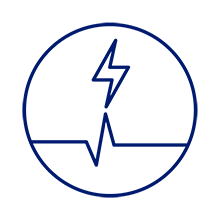
Strengthen health and safety prevention measures
-
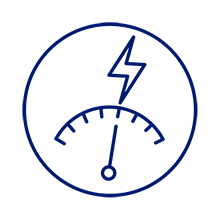
Accelerate and expand electrification
-
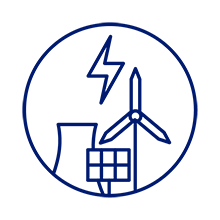
Manage and leverage flexibility
-
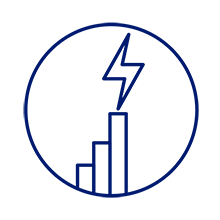
Improve operational efficiency
-
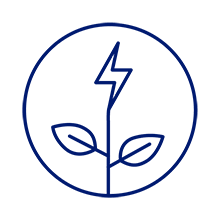
Enhance the environmental adaptability of our activities
The rewards of the EDF Pulse Awards
-

A financial prize
Each winner will receive a financial prize of €15,000.
-

Tailor-made support
Testing a technology in our laboratories, strengthening a business model, funding a Proof of Concept (PoC), connecting with end users: all possible synergies with the EDF group will be explored.
-

Access to the Alumni Network
The winners will join the EDF Pulse Awards Alumni Network, which offers events, meetings, and networking opportunities.

How to apply?
From October 14th to December 15th, 2025, you can apply to the 2026 EDF Pulse Awards by completing the registration form on the dedicated application platform.
Who are the 2024 winners?
During the 2024 edition of the EDF Pulse Awards, 144 startups from 20 different countries have chosen to present their innovative solutions to reach carbon neutrality faster. On July 18th, 2024, the winners of the EDF Pulse Awards were honored at a ceremony presided over by EDF's Chairman & Chief Executive Officer.

